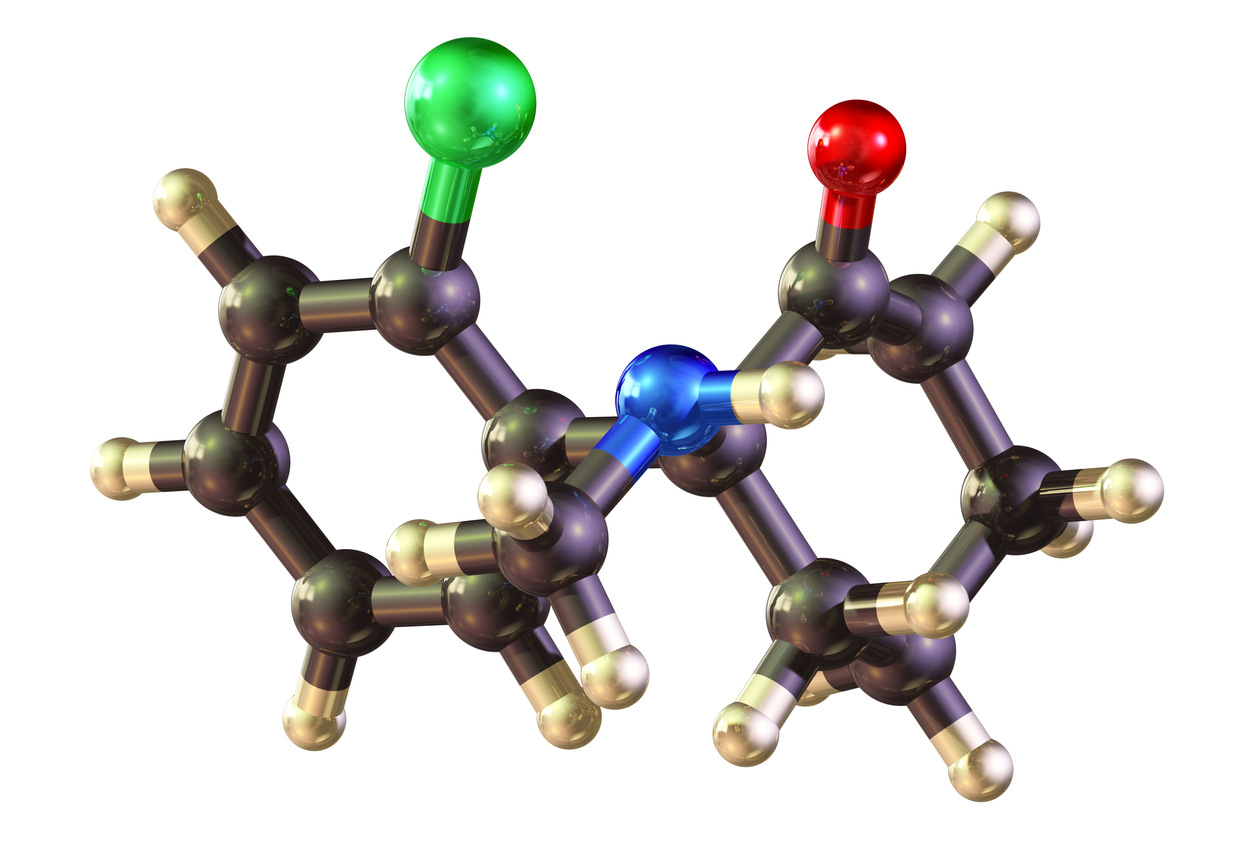
In this interview with Doctoral Researcher Rebecca Dean and Professor Andrea Cipriani we learn more about two reviews investigating the use of ketamine as a treatment for depression recently published through Cochrane’s Common Mental Disorders Group.
Tell us about this Cochrane Review
This review is an update of a Cochrane review published in 2015, investigating the use of ketamine and other glutamate receptor modulators as a treatment for unipolar depression (also known as major depressive disorder).
Since 2015, a lot of research has been published in this area and the FDA has recently licensed esketamine (Spravato) for use in treatment resistant depression, so we realised it was time to update the review with the most recent evidence.
And we understand you recently published Ketamine and other glutamate receptor modulators for depression in adults with bipolar disorder. How do these reviews complement each other?
Both reviews look at the use of ketamine and other glutamate receptor modulators in the treatment of depression, but they are reviewed separately as these drugs may work differently according to diagnosis.
What can we learn about the role of ketamine in treating depressive disorders because of these studies?
Ketamine and esketamine may be effective in the short-term at reducing symptoms of depression for people with unipolar depression. Both of these drugs can cause side effects, which may be a consideration for treatment.
For depression in bipolar disorder, we did not find data on esketamine, but ketamine was efficacious in reducing depressive symptoms, again only in the short-term. There was no difference in side effects between ketamine and placebo for people with bipolar disorder, but this was based on very limited evidence.
There was no evidence that any other glutamate receptor modulators that we included in these reviews (such as memantine, lanicemine, and N-acetylcysteine) were more effective in treating depression over placebo in either unipolar depression or bipolar disorder.

Is there a strong message for people with depressive disorders, clinicians or policy makers?
Ketamine (and possibly esketamine) can be used to treat depression, however there wasn’t enough certainty in the evidence to be able to take away a strong message, as there were many limitations in the data available.
Further research needs to focus on the long-term effects of ketamine and other glutamate receptor modulators, so we can have enough evidence to assess whether these drugs are good at treating depression over longer periods of time and what the side effects are.
We also need more trials to compare ketamine and other glutamate receptor modulators with active drugs (not just placebo), so we can compare them and know whether they are better than current treatments for depressive symptoms.
With more evidence in a future update of this review, we hope we will be able to make stronger conclusions that can reliably inform policy and practice.
Are there any more Cochrane reviews planned on this topic OR do you plan to update these reviews in the future?
We will update these reviews as more evidence becomes available to help us better understand the role of ketamine and other glutamate receptor modulators in depressive disorders in future. There is a need for effective treatments for mood disorders, supported by robust evidence and implemented in the NHS.
- Read the full review here
- Visit the Cochrane Common Mental Disorders Group here

